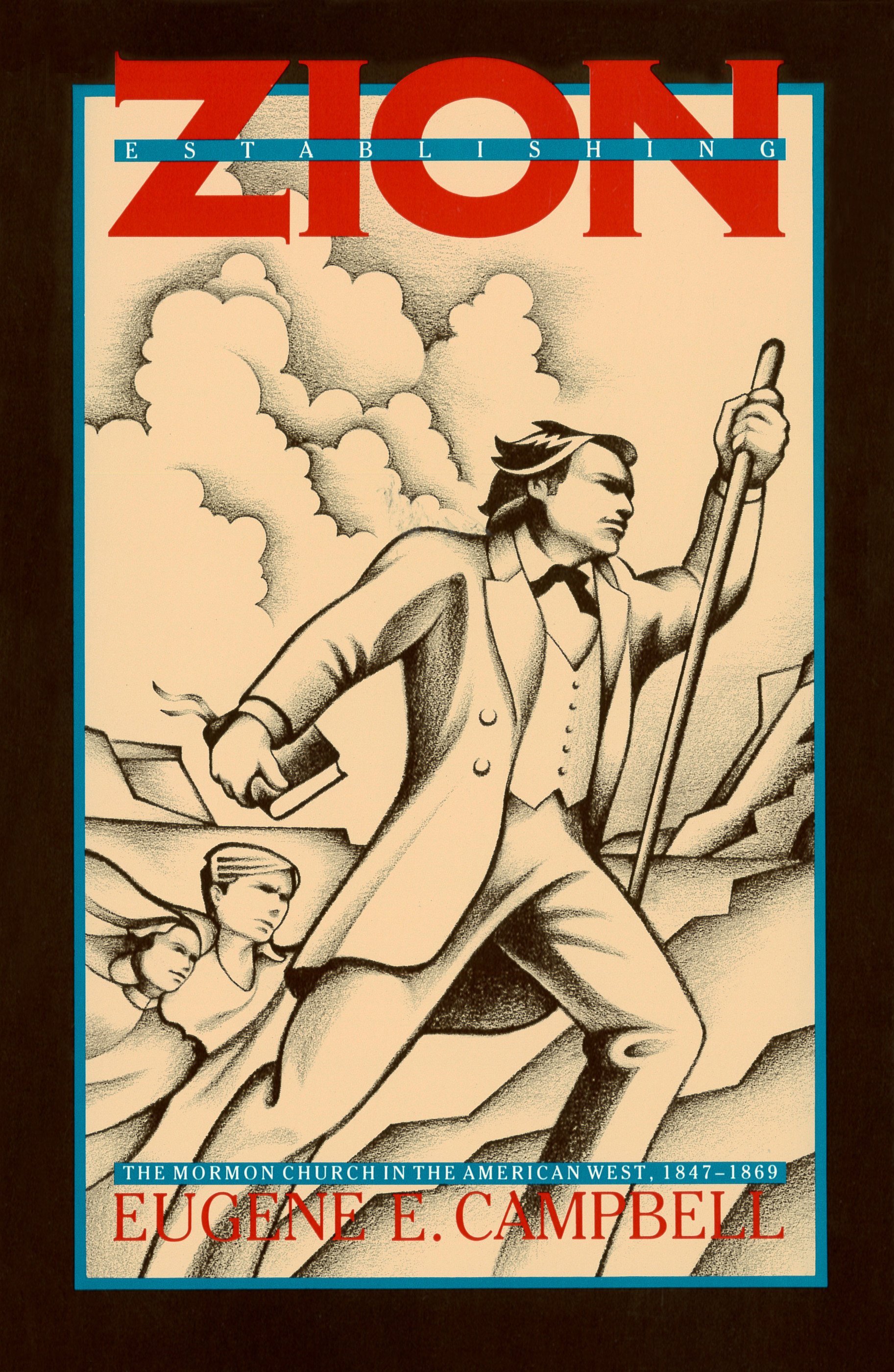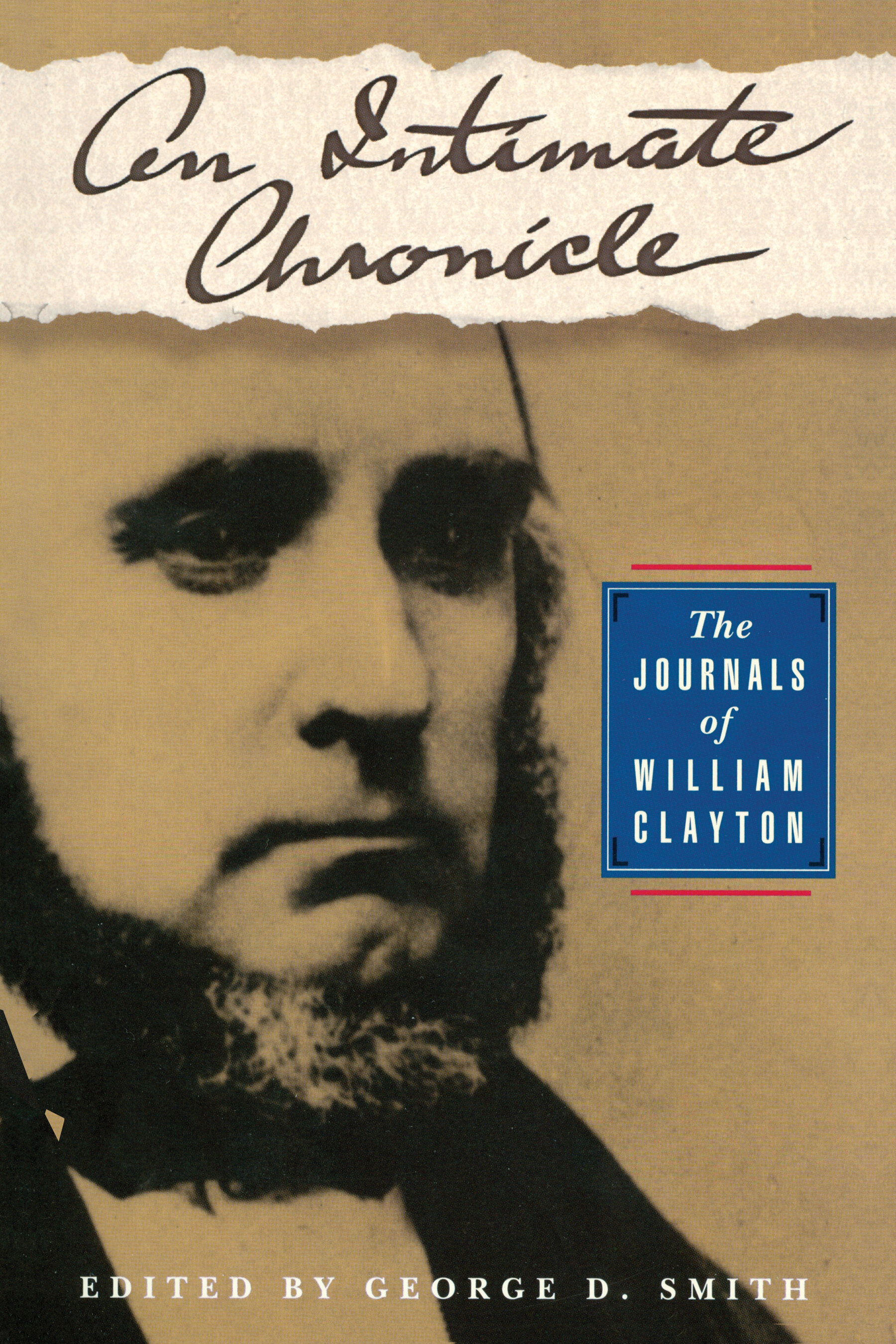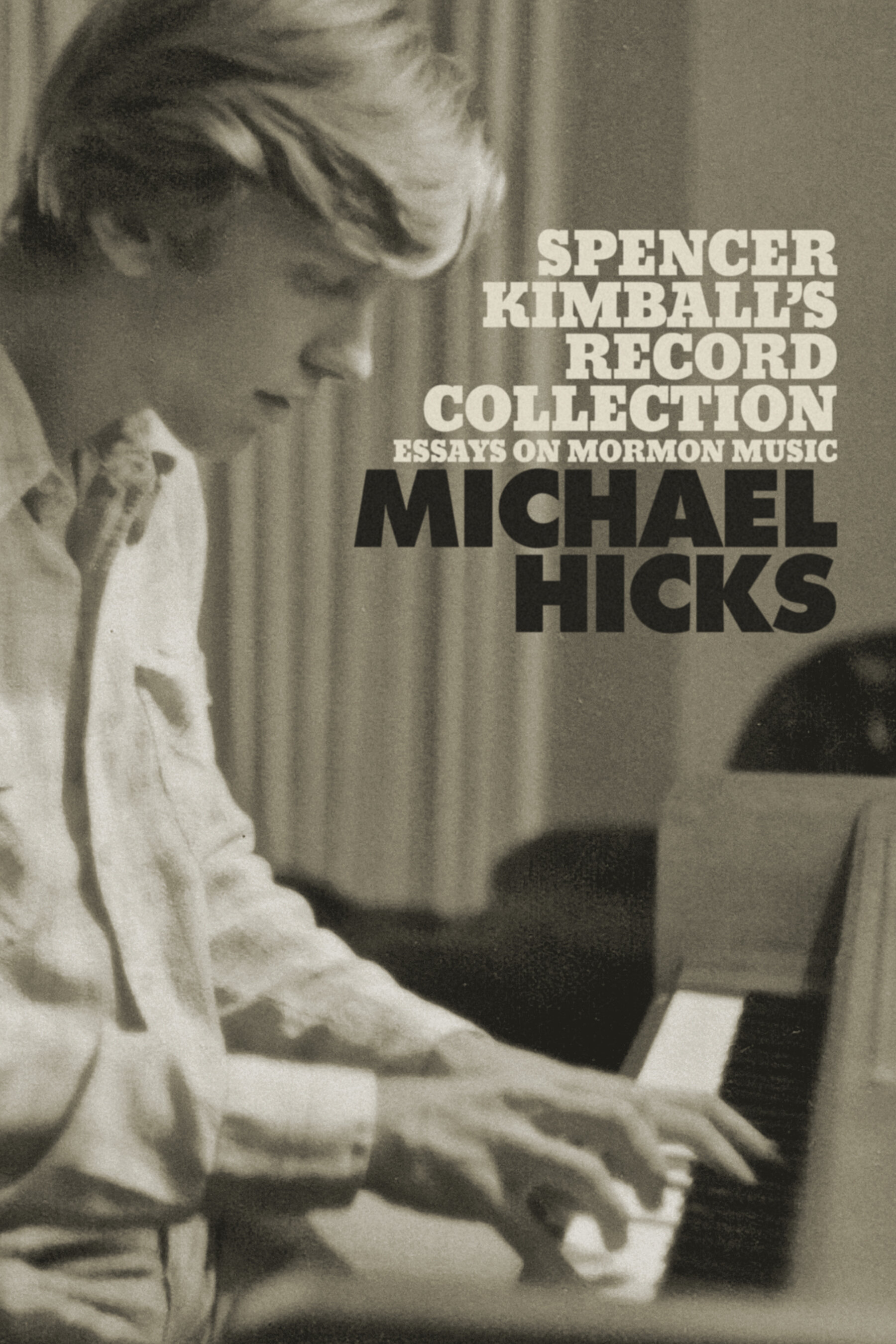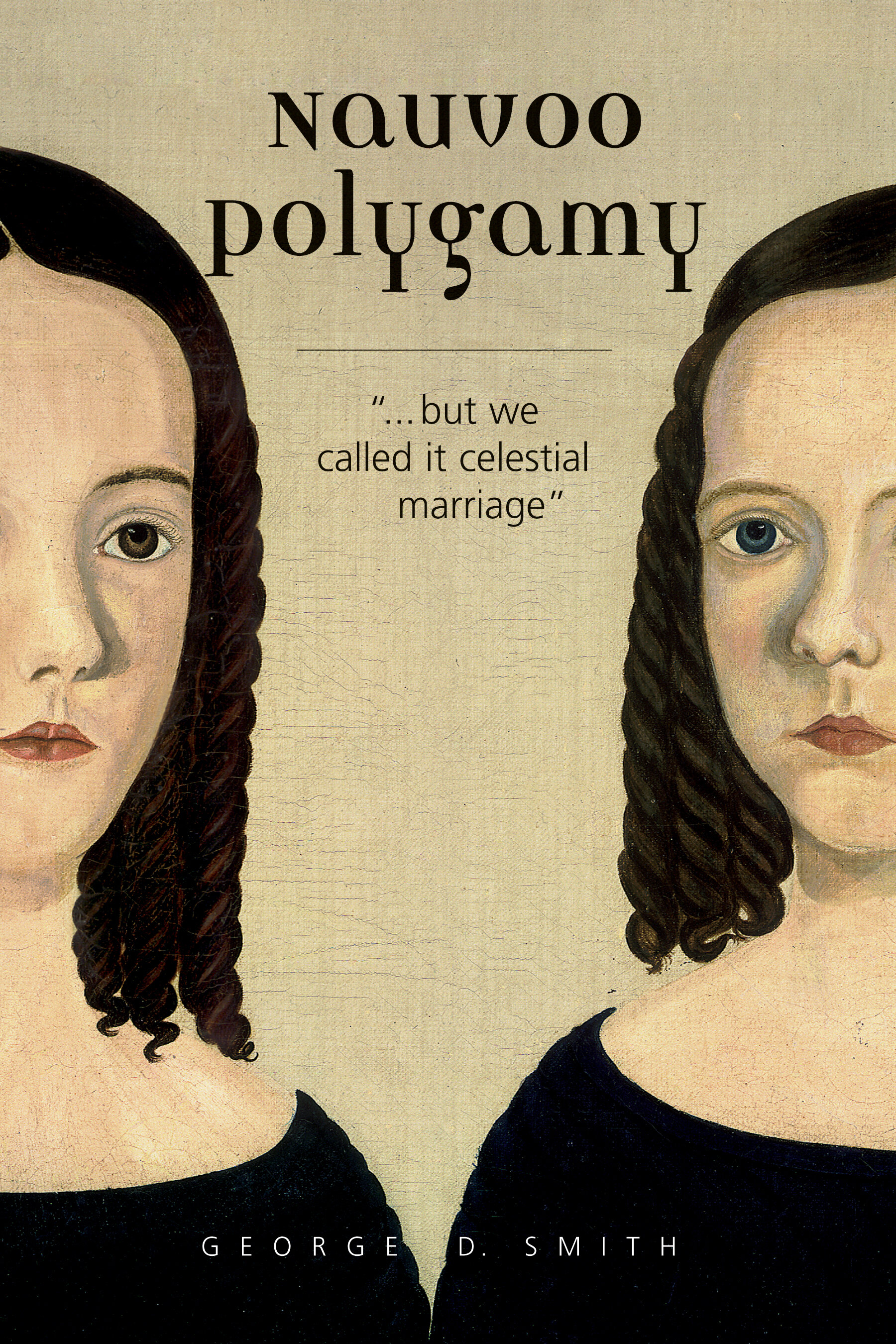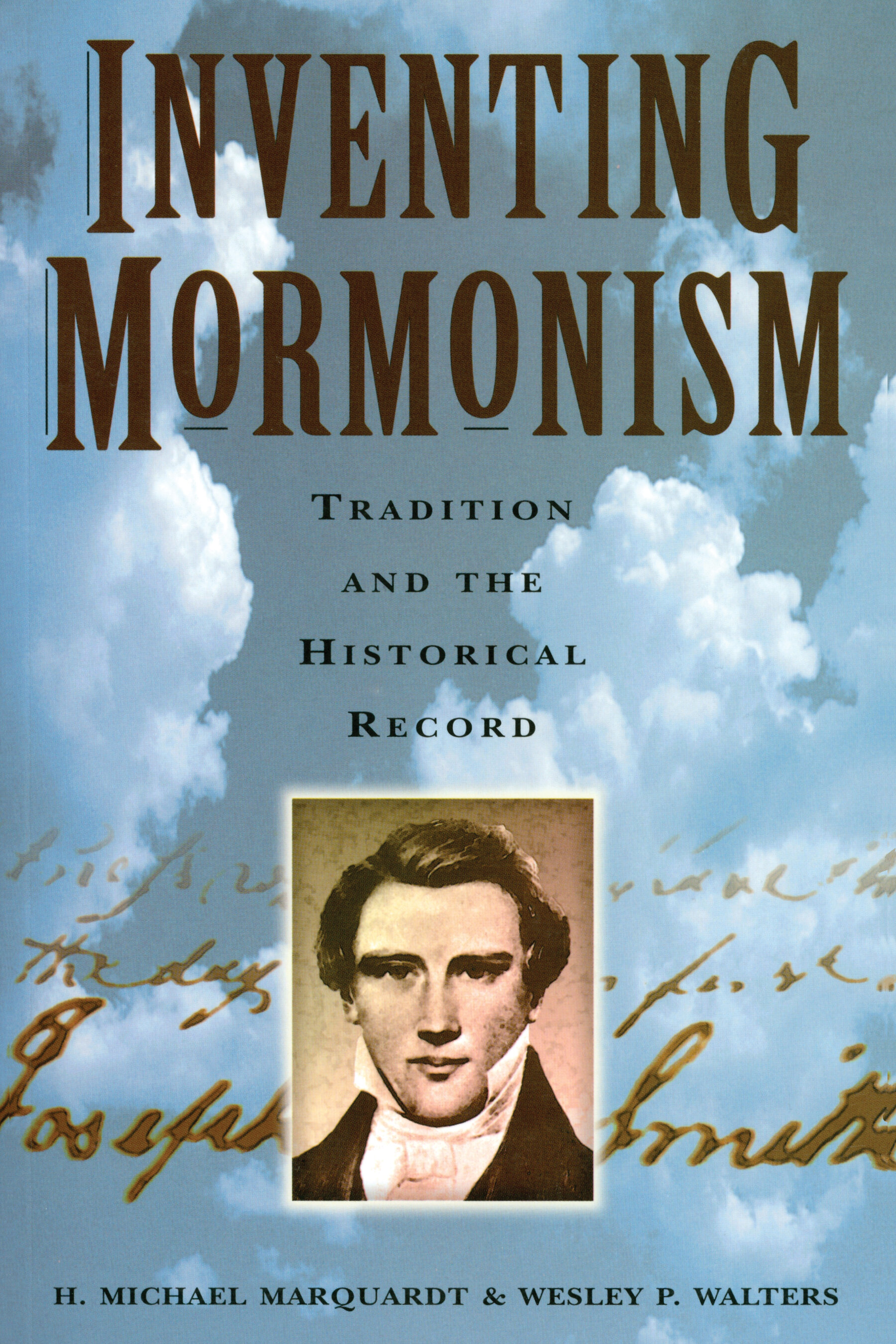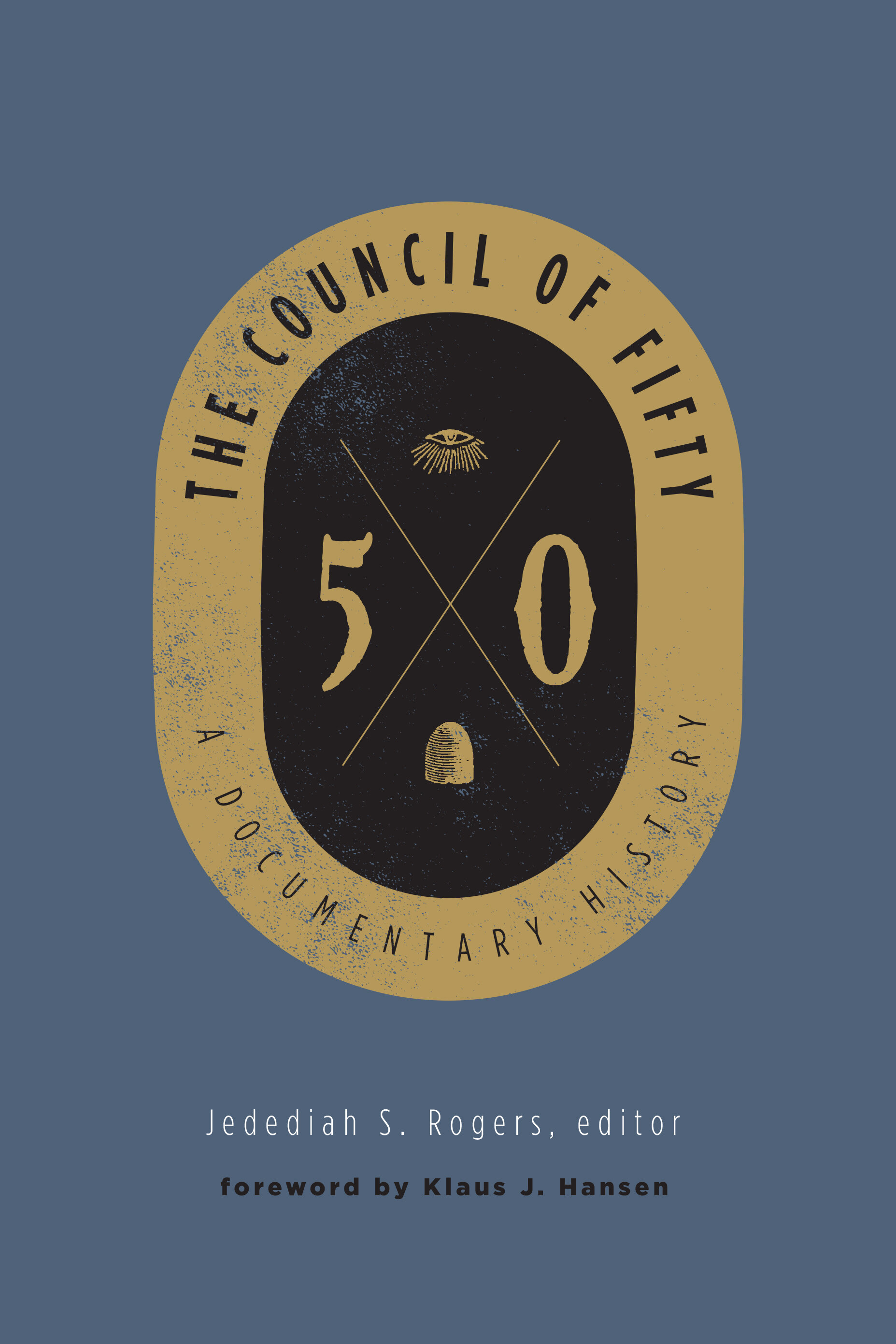Eugene E. Campbell was a professor of history at Brigham Young University until his death in 1986. He was the co-author of three works—Fort Bridger: Island in the Wilderness, Fort Supply: Brigham Young’s Green River Experiment, and Hugh B. Brown: His Life and Thought—and the co-editor of Utah’s History, contributor to The New Mormon History: Revisionist Essays on the Past, as well as author of the foreword to The Essential Brigham Young. He was a founding member and early president of the Mormon History Association.

